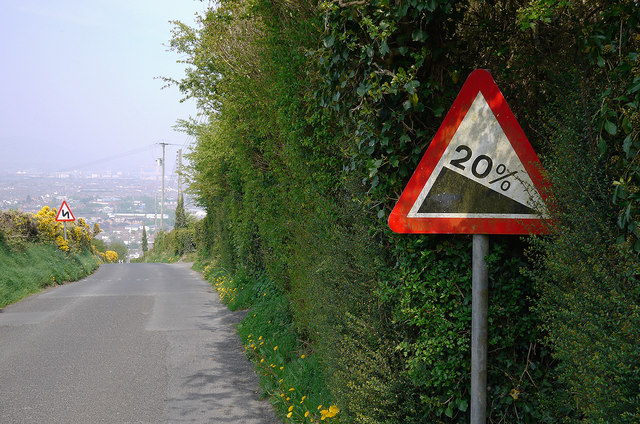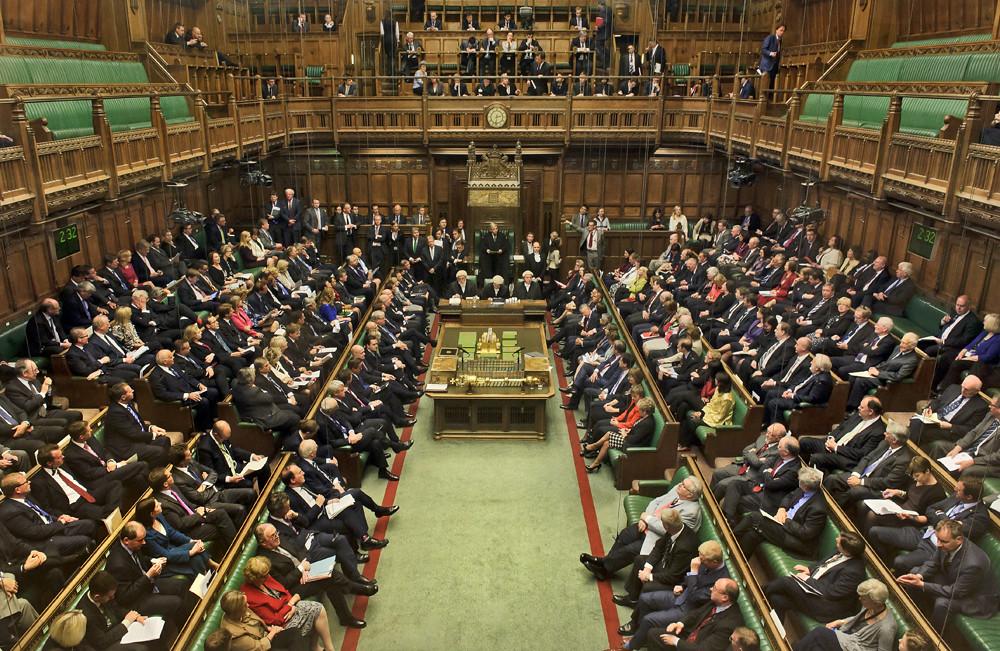Last year I presented at the Edge Hill University Annual Conference for Research in Education, which I thoroughly enjoyed - great key note speakers, making new friends and catching up with old friends. This year the topic, values in education, meshes beautifully with my PhD thesis about the value different people ascribe to design and technology.
This research is important to me as the changes to school measures and the new curriculum begins to be implemented. The conference gave me an opportunity to explore a different angle to my research, I was curious about how government ministers talk about D&T compared with what D&T teachers. I think its important for others to help them understand the tensions between policy that affects D&T and how teachers feel their subject, which they are passionate about, is affected.
My title, abstract and references are below:
Rhetoric and policy: the values stakeholders
attribute to curriculum subjects
As recent changes to curriculum policy (DfE 2014)
begin to be implemented in schools this research compares government ministers’
and school teachers’ rhetoric about the value of design and technology
(D&T), a curriculum subject significantly affected by these changes (Hardy
2015).
A range of factors contributes to the
interpretation and enactment of policy (Maguire, Braun and Ball 2015), including a teacher’s values (Priestly, Edwards
and Priestly 2012). Drawing upon government ministers’ speeches and
interviews with teachers, I identify the values ascribed to D&T by these
two stakeholder groups. These values were compared with two sections of the
National Curriculum: firstly the National Curriculum’s overarching aims, and
secondly the purpose and aims of D&T (DfE 2014).
Following the analysis of the two groups’ values
using the two National Curriculum aims as a framework (DfE 2014), I demonstrate
a disparity between the two groups’ views of the value of education. Comparison
with the D&T National Curriculum reveals that teachers and ministers
advocate some of the values ascribed to D&T in the National Curriculum, but
there are noticeable differences. Generally, teachers place greater emphasis on
D&T’s value to pupils’ learning and development in school, whereas
ministers focus on how D&T engenders both personal and national economic
benefit. I
suggest that these findings imply a discord between these two key stakeholders
about the contribution D&T makes to the whole curriculum and a pupil’s
education.
By comparing the positionality and political
perspectives revealed in the rhetoric of government ministers and teachers
about one subject, this research provides a new approach to anticipating
different interpretations on curriculum policy. It also offers a way for
exploring how different stakeholders value other school subjects and education;
it could help those involved in other marginalised subjects
explore how policy makers and class teachers value the subject.
The next stage to this study is to explore how the
government’s rhetoric about the new curriculum, and the values discovered in
this study, are enacted in classrooms.
It also needs to be resolved what the source of
stakeholders’ values of school subjects. Eccles and Wigfield (2002) have
demonstrated that a person’s experiences and parental influence shape their
values towards subjects such as maths and science; the next stage is to examine
whether this is true for other subjects, including D&T.
References
DfE, 2014.
National Curriculum in England: framework for key stages 1 to 4. London:
Department for Education.
Eccles, J.S., and Wigfield, A.,
2002. Motivational beliefs, values, and goals. Annual Review of Psychology, 53
(1), 109-132.
Hardy, A., 2015.
Why has the number of teenagers taking design and technology GCSE dropped?
Available at: http://bit.ly/1JtlOY7 [Accessed 6/2/16]
Maguire, M.,
Braun, A., and Ball, S., 2015. ‘Where you stand depends on where you sit’: the
social construction of policy enactments in the (English) secondary school. Discourse: Studies in the Cultural Policies
of Education, 2015. Vol. 36 (4), 485-499.
Priestly, M.,
Edwards, R., Priestly, A., and Miller, K., 2012. Teacher Agency in Curriculum
Making: Agents of Changes and Spaces for Manoeuvre. Curriculum Inquiry, Vol 42 (2), 191-214.



.jpg)